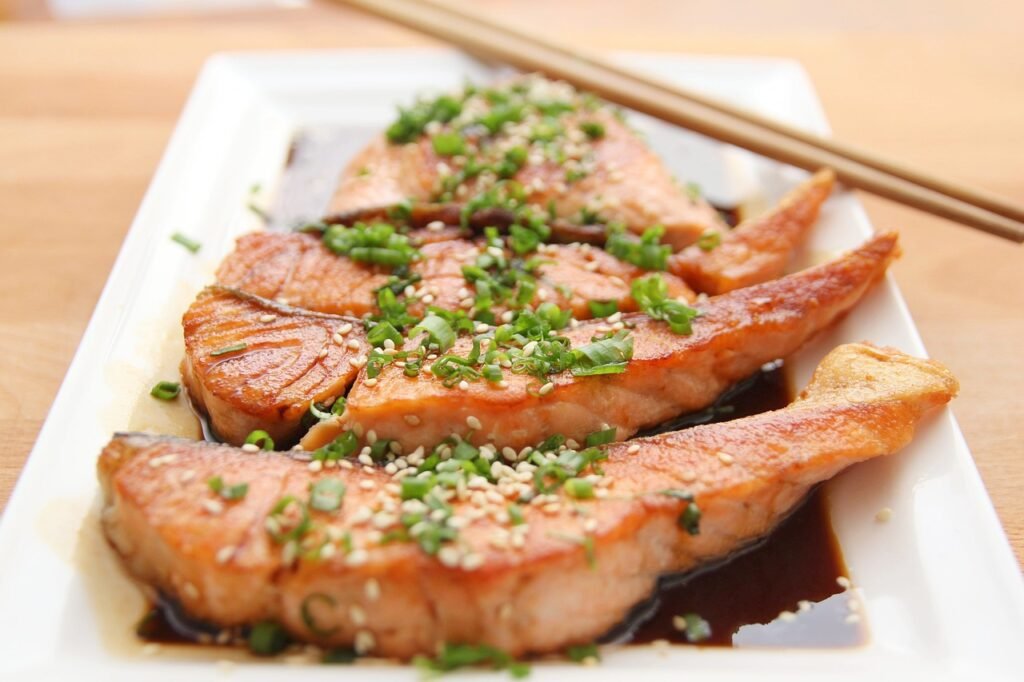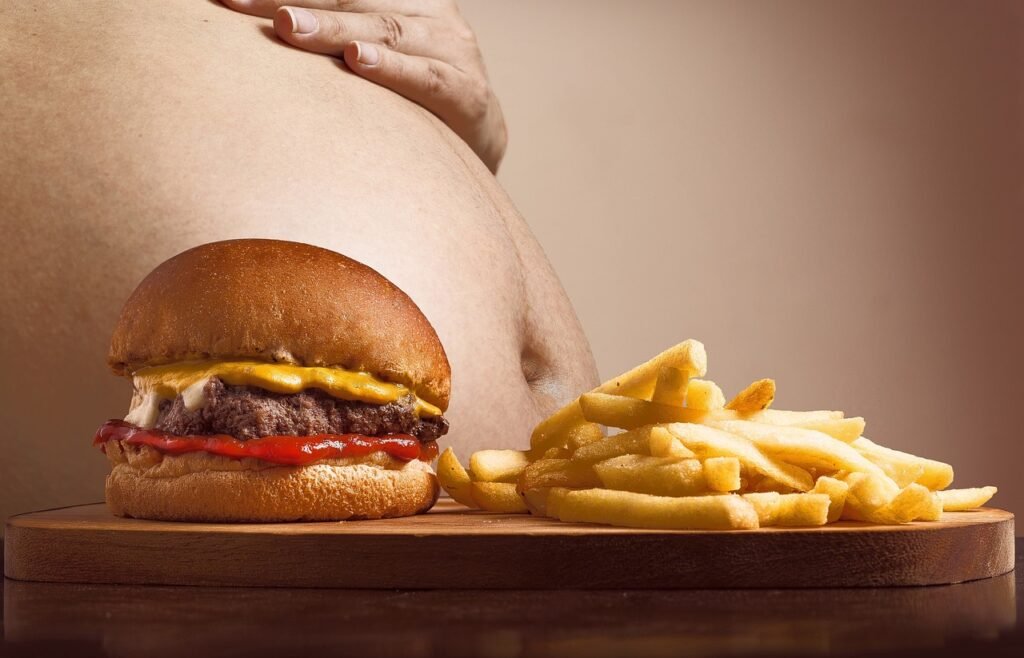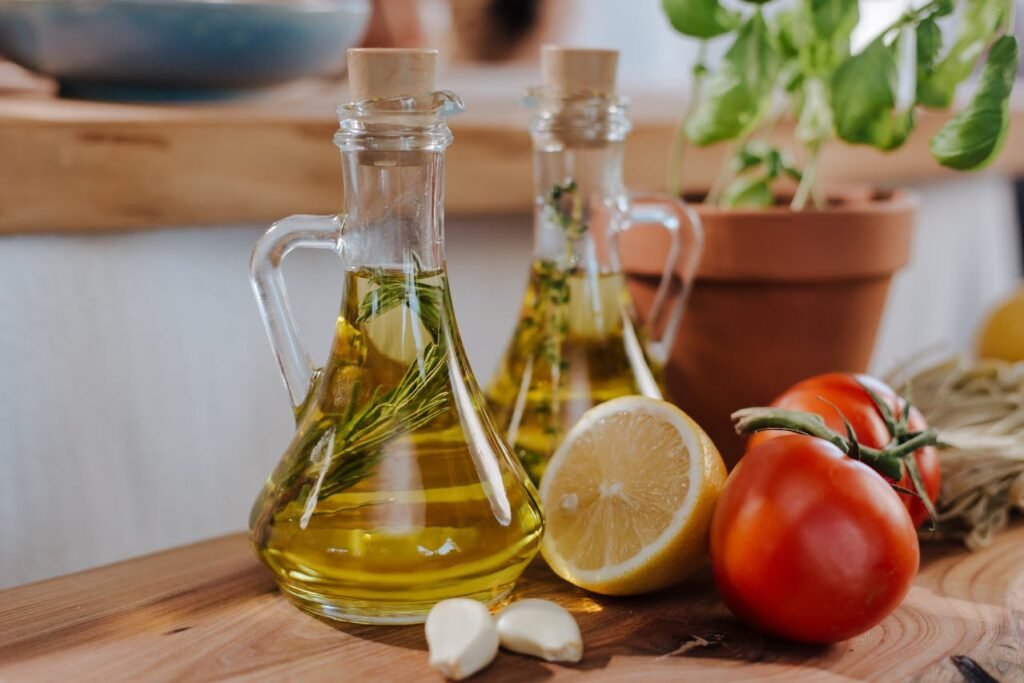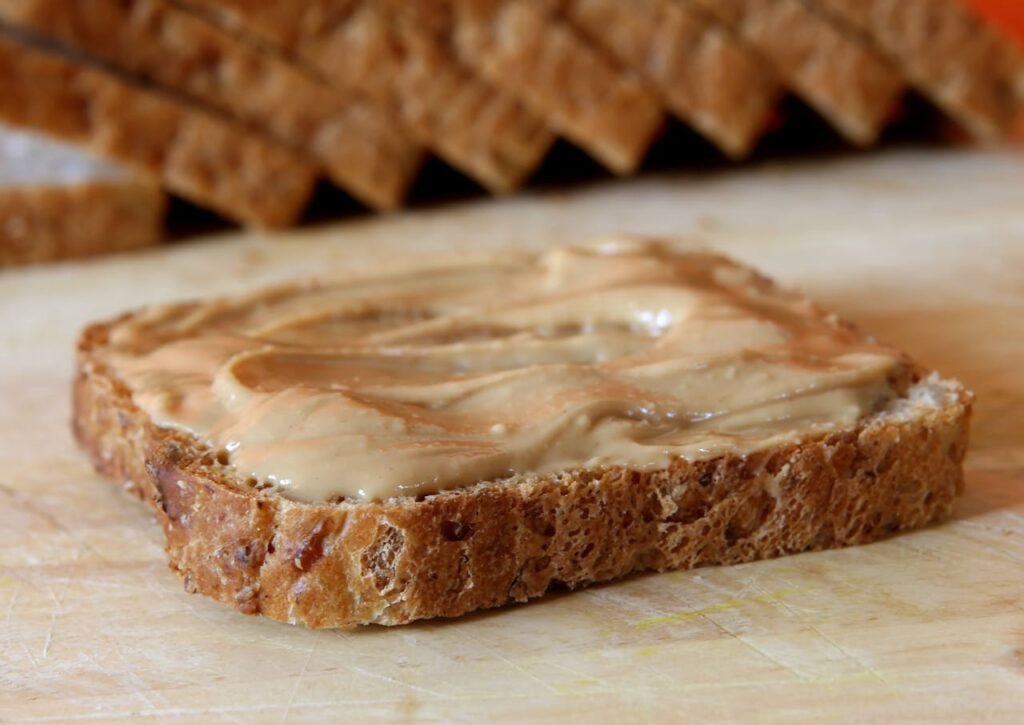Introduction
The ketogenic (keto) diet has gained widespread popularity for its ability to promote weight loss, enhance mental clarity, and improve metabolic health. The diet revolves around consuming high amounts of fat, moderate protein, and very low carbohydrates to encourage the body to enter a fat-burning state called ketosis.
While fats are the cornerstone of the keto diet, not all fats are created equal. Consuming healthy fats is crucial for optimizing your energy levels, improving overall health, and ensuring long-term success on the diet. But what qualifies as a “healthy fat,” and how do you incorporate them into your daily meals?
This comprehensive guide dives into everything you need to know about healthy fats for the keto diet. From their types and benefits to specific examples and practical tips for integrating them into your meals, we’ll cover it all. By the end of this guide, you’ll feel confident in selecting the best fats to fuel your keto journey.
Table of Contents
- Understanding the Role of Fats in the Keto Diet
- Types of Healthy Fats
- Top Sources of Healthy Fats for Keto
- Cooking with Keto-Friendly Fats
- Fats to Avoid on the Keto Diet
- Practical Tips for Adding Healthy Fats to Your Meals
- Common Myths About Fats on Keto
- Scientific Evidence Supporting Healthy Fats on Keto
- Sample Keto Meal Plan Featuring Healthy Fats
- Conclusion: Embracing Healthy Fats on Keto
1. Understanding the Role of Fats in the Keto Diet
Why Are Fats Important?

On the keto diet, fats are your primary source of energy. With carbohydrate intake drastically reduced (typically below 50 grams per day), the body shifts from using glucose for fuel to burning fats. This process produces ketones, which serve as an alternative energy source for the brain and body.
Benefits of Healthy Fats on Keto
- Energy Production: Fats provide a sustained and steady energy supply without the blood sugar spikes associated with carbs.
- Satiety: Healthy fats keep you feeling full and satisfied, reducing cravings and unnecessary snacking.
- Hormone Regulation: Fats are essential for producing hormones like testosterone and estrogen.
- Nutrient Absorption: Many vitamins (A, D, E, and K) are fat-soluble, meaning they require dietary fat for absorption.
- Brain Health: Healthy fats, such as omega-3s, play a crucial role in maintaining cognitive function.
Balancing Fats on Keto
While fat is the star of the keto diet, it’s important to balance your intake between saturated, monounsaturated, and polyunsaturated fats. This ensures you’re getting a variety of nutrients while avoiding excessive consumption of unhealthy fats.
2. Types of Healthy Fats
Not all fats are created equal. Here’s a breakdown of the types of fats you’ll encounter on the keto diet:
1. Monounsaturated Fats (MUFAs)
- Sources: Olive oil, avocados, macadamia nuts, almonds.
- Benefits: These heart-healthy fats reduce bad cholesterol (LDL) while increasing good cholesterol (HDL). They’re also anti-inflammatory.
2. Polyunsaturated Fats (PUFAs)

- Sources: Fatty fish, walnuts, flaxseeds, chia seeds.
- Benefits: PUFAs include omega-3 and omega-6 fatty acids, essential for brain function, heart health, and reducing inflammation.
3. Saturated Fats
- Sources: Coconut oil, butter, ghee, grass-fed beef, pork.
- Benefits: Saturated fats have been unfairly demonized in the past, but they are a stable energy source and play a role in hormone production. When consumed in moderation, they can be part of a healthy keto diet.
4. Medium-Chain Triglycerides (MCTs)
- Sources: Coconut oil, MCT oil supplements.
- Benefits: MCTs are rapidly absorbed and converted into ketones, making them an excellent energy source for keto dieters.
5. Omega-3 Fatty Acids
- Sources: Salmon, mackerel, sardines, flaxseeds, chia seeds.
- Benefits: These anti-inflammatory fats support heart and brain health.
Balancing Fat Intake
- Aim for a mix of MUFAs and PUFAs as your primary fat sources.
- Include moderate amounts of saturated fats.
- Incorporate omega-3s regularly to balance omega-6 intake.
3. Top Sources of Healthy Fats for Keto
Animal-Based Fats
- Fatty Fish
- Examples: Salmon, sardines, mackerel.
- Benefits: Rich in omega-3 fatty acids, protein, and low in carbs.
- Grass-Fed Meat and Poultry
- Examples: Beef, lamb, chicken with skin.
- Benefits: Contains higher levels of omega-3s and CLA (conjugated linoleic acid).
- Eggs
- Benefits: A versatile, nutrient-dense source of fat and protein.
- Pork Products
- Examples: Bacon (sugar-free), pork belly.
- Benefits: High in fat and flavor, but ensure no added sugars or preservatives.
Plant-Based Fats

- Avocados
- Benefits: Packed with heart-healthy MUFAs, potassium, and fiber.
- Olives and Olive Oil
- Benefits: Rich in antioxidants and MUFAs, perfect for salads and cooking at low temperatures.
- Coconut Products
- Examples: Coconut oil, coconut milk, coconut cream.
- Benefits: Excellent source of MCTs, which are quickly converted to energy.
- Nuts and Nut Butters
- Examples: Almonds, macadamia nuts, walnuts.
- Benefits: Nutrient-dense and portable, but consume in moderation due to calorie density.
- Seeds
- Examples: Chia seeds, flaxseeds, hemp seeds.
- Benefits: High in fiber, omega-3s, and antioxidants.
Oils and Cooking Fats
- MCT Oil
- Benefits: Boosts ketone production and energy levels.
- Ghee and Butter
- Benefits: Rich in fat-soluble vitamins and ideal for cooking.
- Tallow and Lard
- Benefits: High smoke point and stable for frying.
4. Cooking with Keto-Friendly Fats
Cooking on the keto diet requires understanding the heat stability of fats. Here’s how to make the most of your healthy fats:
High-Heat Cooking
Use fats with a high smoke point for frying and roasting.
- Coconut Oil: Great for sautéing and baking.
- Ghee and Butter: Ideal for pan-searing and roasting.
- Tallow and Lard: Excellent for deep frying.
Low-Heat Cooking and Salad Dressings
Use delicate oils for raw applications or low-heat cooking to preserve nutrients.
- Olive Oil: Best for drizzling on salads or finishing dishes.
- Avocado Oil: Versatile for both high-heat and low-heat cooking.
Tips for Keto Cooking
- Avoid vegetable oils (canola, soybean, corn oil) due to their high omega-6 content and tendency to oxidize at high temperatures.
- Experiment with fat combinations (e.g., ghee and olive oil) for depth of flavor.
5. Fats to Avoid on the Keto Diet
Not all fats are healthy, even on a high-fat diet. Avoid these fats to protect your health:
1. Trans Fats
- Sources: Margarine, hydrogenated oils, processed snacks.
- Why Avoid: Trans fats increase inflammation and raise the risk of heart disease.
2. Highly Processed Vegetable Oils

- Sources: Canola oil, soybean oil, corn oil.
- Why Avoid: These oils are high in omega-6 fatty acids, which can disrupt the omega-3 to omega-6 balance, promoting inflammation.
3. Artificial or Low-Quality Fats
- Sources: Fake butters, heavily processed keto snacks.
- Why Avoid: Often contain additives and unhealthy fats that counteract the benefits of clean eating.
6. Practical Tips for Adding Healthy Fats to Your Meals
- Start Your Day with Fats
- Add MCT oil to your morning coffee (keto coffee or “bulletproof coffee”).
- Snack on Nuts and Seeds
- Keep a small portion of macadamia nuts or almonds handy for a nutrient-rich snack.
- Make Fat the Star of Your Meals
- Drizzle olive oil on salads, or add avocado slices to your plate.
- Use Fat-Rich Sauces and Dressings
- Blend avocado, olive oil, and garlic for a creamy dressing.
- Cook with High-Fat Ingredients
- Sauté vegetables in ghee or butter for flavor and fat content.
7. Common Myths About Fats on Keto
Myth 1: Eating Fat Makes You Fat
Dietary fat does not directly lead to weight gain when consumed in the context of a low-carb diet. It fuels ketosis and supports energy production.
Myth 2: Saturated Fats Are Unhealthy
Recent research shows that moderate consumption of saturated fats can be part of a balanced diet, especially when combined with whole, unprocessed foods.
Myth 3: All Fats Are Keto-Friendly
Consuming unhealthy fats like trans fats or heavily processed oils can harm your health, even on a keto diet.
8. Scientific Evidence Supporting Healthy Fats on Keto

Numerous studies highlight the benefits of healthy fats on the keto diet:
- Weight Loss: Research shows that high-fat, low-carb diets are effective for reducing body weight and fat mass.
- Heart Health: Monounsaturated fats and omega-3s can lower LDL cholesterol and improve cardiovascular markers.
- Brain Function: Ketones produced from fat metabolism enhance cognitive function and may protect against neurodegenerative diseases.
9. Sample Keto Meal Plan Featuring Healthy Fats
Breakfast
- Keto Coffee: Black coffee blended with MCT oil and grass-fed butter.
- Egg Scramble: Sautéed spinach and mushrooms cooked in ghee.
Lunch
- Avocado Salad: Mixed greens, avocado slices, grilled chicken, and olive oil dressing.
Snack
- A handful of macadamia nuts or a chia seed pudding with coconut milk.
Dinner
- Grilled Salmon: Served with roasted Brussels sprouts cooked in avocado oil.
- Zucchini Noodles: Tossed in a creamy almond butter sauce.
Dessert
- Keto Fat Bombs: Made with coconut oil, cocoa powder, and almond butter.
10. Conclusion: Embracing Healthy Fats on Keto
Healthy fats are the cornerstone of the keto diet, offering a wealth of benefits for weight loss, energy, and overall health. By focusing on nutrient-rich sources like avocados, fatty fish, nuts, seeds, and high-quality oils, you can fuel your body efficiently while enjoying delicious, satisfying meals.
Remember, the key to success on keto is balance and variety. Avoid unhealthy fats, prioritize whole foods, and experiment with different recipes to keep your meals exciting. With the right approach, healthy fats will become a powerful ally in your keto journey, helping you achieve your goals and thrive on this transformative lifestyle.

